Dwarf Goats for Sale at Mary Cattle Farm
Dwarf Goats For Sale Table of Contents:
- : Dwarf Goats for Sale at Mary Cattle Farm
- : Introduction to Dwarf Goats
- : Why Choose Dwarf Goats from Mary Cattle Farm?
- : Features and Benefits of Dwarf Goats
- : Friendly Temperament
- : Easy to Care For
- : Ideal for Small Farms or Backyard Farms
- : Dwarf Goat Breeds Available at Mary Cattle Farm
- : Nigerian Dwarf Goats
- : Pygmy Goats
- : How to Purchase Dwarf Goats from Mary Cattle Farm
- : Contact Us
- : Delivery & Pickup Information
- : Customer Testimonials and Success Stories
- : Conclusion
Introduction to Dwarf Goats For Sale
At Mary Cattle Farm, we are excited to offer a variety of healthy, well-socialized dwarf goats for sale. Whether you’re looking for a lovable pet, a backyard companion, or a small farm addition, our dwarf goats are a perfect choice. Known for their charming personalities and compact size, dwarf goats are ideal for people who want all the benefits of goat ownership without the space requirements of larger breeds.
Why Choose Dwarf Goats For Sale from Mary Cattle Farm?
At Mary Cattle Farm, we take pride in breeding and raising goats that are not only healthy but also friendly and socialized. Our goats are raised in a stress-free environment with the utmost care. With years of experience in goat farming, we ensure each goat is well cared for, vaccinated, and ready for its new home.
Features and Benefits of Dwarf Goats For Sale
Dwarf goats are known for their playful and affectionate nature. They are excellent companions and enjoy human interaction, making them perfect pets for families, children, or anyone looking for an animal with a big personality in a small package.
Easy to Care For Dwarf Goats For Sale
Dwarf Goats For Sale are relatively low-maintenance compared to larger breeds. They are hardy animals that adapt well to different climates and are generally easy to manage. Their smaller size means they require less space and feed, making them ideal for smaller properties or even urban homesteads.
Ideal for Small Farms or Backyard Farms
If you have limited space but still want the joy of owning goats, dwarf goats are the perfect solution. They require less grazing area and are easy to handle, making them great for hobby farms, small-scale farms, or even suburban and urban settings.
Dwarf Goat Breeds Available at Mary Cattle Farm
Nigerian Dwarf Goats
Our Nigerian Dwarf Goats For Sale are known for their striking beauty and sweet, affectionate personalities. This breed is particularly popular due to its high milk production despite its small size. Nigerian Dwarf Goats For Sale are perfect for families who want to enjoy fresh, rich milk and an adorable pet all in one.
Pygmy Goats
The Pygmy goat is another popular breed we offer. Known for their small stature and cute looks, Pygmy goats are hardy and friendly, making them a great choice for those looking to add a fun and active companion to their farm or home. They are easy to care for and can thrive in small spaces.
How to Purchase Dwarf Goats For Sale from Mary Cattle Farm
Contact Us
Purchasing Dwarf Goats For Sale from Mary Cattle Farm is easy. Simply reach out to us through our contact page or give us a call to inquire about availability. Our team will be happy to answer any questions and help you choose the perfect goat for your needs.
Delivery & Pickup Information
We offer convenient delivery options for buyers in the local area, and we can arrange for pickup if you prefer to visit our farm. Each of our goats is sold with full health records and any necessary vaccinations to ensure they are ready for their new home.
Customer Testimonials and Success Stories
We’ve helped many happy customers find the perfect dwarf goats for their homes. Check out our customer testimonials page to read about how our goats have brought joy to countless families and farms. Our customers consistently praise the friendly, easygoing nature of our goats, as well as the excellent service they receive from Mary Cattle Farm.
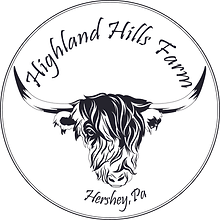
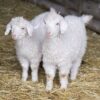
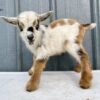
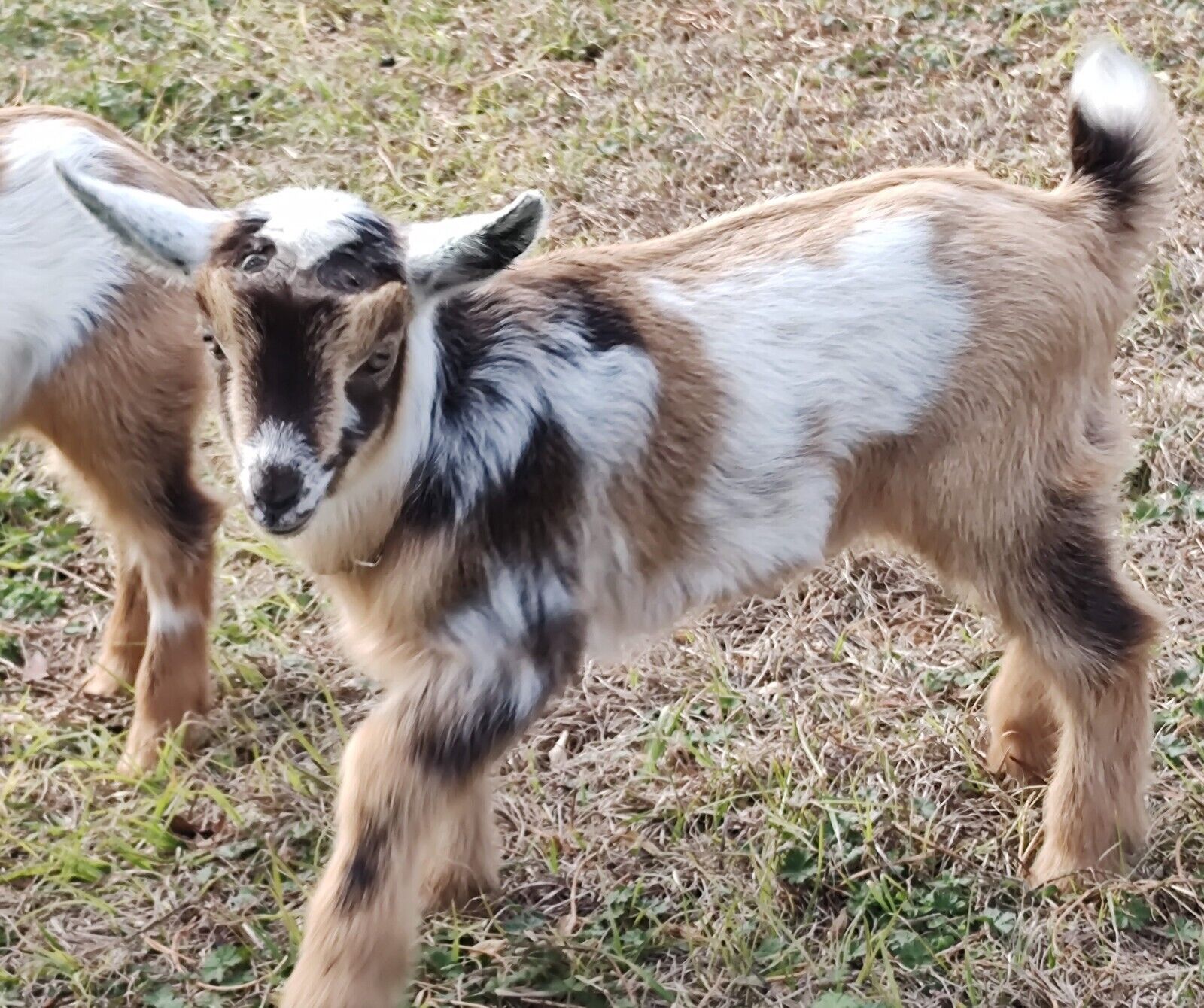




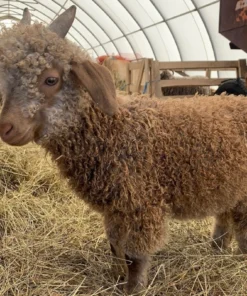
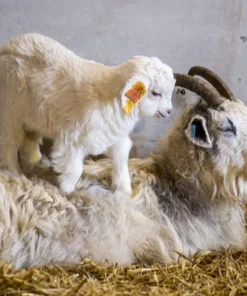



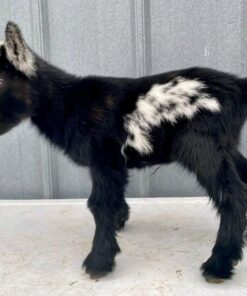
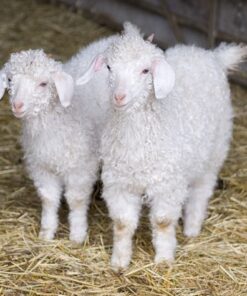

Reviews
There are no reviews yet.